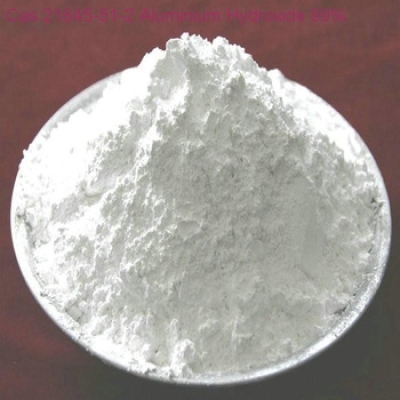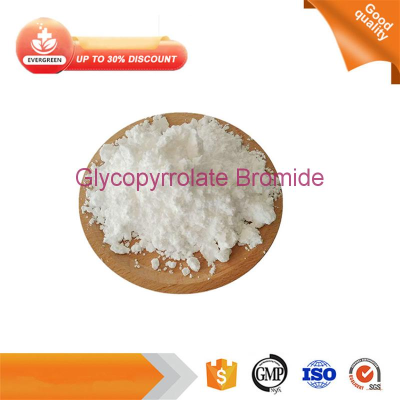-
Categories
-
Pharmaceutical Intermediates
-
Active Pharmaceutical Ingredients
-
Food Additives
- Industrial Coatings
- Agrochemicals
- Dyes and Pigments
- Surfactant
- Flavors and Fragrances
- Chemical Reagents
- Catalyst and Auxiliary
- Natural Products
- Inorganic Chemistry
-
Organic Chemistry
-
Biochemical Engineering
- Analytical Chemistry
- Cosmetic Ingredient
-
Pharmaceutical Intermediates
Promotion
ECHEMI Mall
Wholesale
Weekly Price
Exhibition
News
-
Trade Service
Gastroesophageal reflow disease (GERD) is a common chronic disease that can lead to an increased risk of esophageal adenocarcinoma.
data show that the number of GERD patients in China as high as 165 million, of which more than 16 million patients may develop more severe refrout esotracheitis.
symptoms of gastroesophal reflow are acid and heartache, which can be mistaken for respiratory and cardiovascular diseases.
patients also experience chest pain, wheezing, sore throat and cough due to refratic stimulation.
the disease develops, the receding gastric fluid continues to stimulate, accompanied by esophageal stenosis, ulcers and gastrointestinal bleeding and even esophageal cancer.
Lancet Gastroenterol Hepatol. 2020 Jun; 5 (6): 561-581.2020 A meta-analysis published by Lancet Gastroen Hepatol, a sub-issue of The Lancet, used data from the 2017 Global Study of Disease, Injury and Risk Factors (GBD) to examine the burden of gastroesoesis reflow in 195 countries and territories between 1990 and 2017 and found an increased incidence.
, the prevalence of GERD in China has also increased year by year, with the prevalence rate of at least 1 heart attack per week between 1.9% and 7.0%.
, GERD control and prevention are critical.
, GERD is mainly treated with drugs.
can GERD be controlled and prevented by adjusting for everyday habits? For this reason, a team of researchers from Harvard Medical School in the United States conducted a study, the results of which were published in jama sub-journal JAMA Internal Medicine.
Health Research II is an ongoing U.S. national prospective cohort study that began in 1989 with 116,671 female participants.
participants were asked to take a health questionnaire every two years, including information on smoking, body mass index, physical activity, drug use, and diabetes history.
a valid semi-quantitative food frequency questionnaire every four years at the same time.
followed patients with acid or heartache in 2005, 2009, 2013 and 2017, respectively.
43,000 women between the ages of 42 and 62 had GERD or developed heart fever.
data were collected through health questionnaires and the effects of each lifestyle factor on reducing GERD prevalence were analyzed using statistical models.
hypothesical that five healthy diets and lifestyles may significantly reduce gerdd symptoms, and that some patients may not need medication.
these five factors are: maintain a normal weight, never smoke, exercise at least 30min a day at moderate intensity and above, drink less than two cups of coffee, tea and soda a day, eat a balanced diet and do not overeat.
found that following these five healthy diets and lifestyles reduced the overall risk of GERD symptoms by 37 percent.
, the more women followed the diet and lifestyle, the lower their risk of developing symptoms.
and in women who took common therapeutic drugs (proton pump inhibitors and H2-lipped antagonists), adherence to this diet and lifestyle can also reduce symptoms.
, the study provides evidence that in many cases common gastrointestinal symptoms can be well controlled between diet and lifestyle adjustments alone.
because GERD has long-term health effects and medication inevitably has side effects, lifestyle should be considered the best way to control symptoms.
: Mehta RS, et al. Association of Diet and Lifestyle With the Risk of Gastroesophageal Reflux Disease Symptoms in US Women. JAMA Intern Med. 2021 Jan 4:e207238. doi: 10.1001/jamainternmed.2020.7238.MedSci Original Source: MedSci Original Copyright Notice: All noted on this website "Source: Mets Medicine" or "Source: MedSci Original" text, images and audio and video materials, copyrights are owned by Metz Medical, without authorization, no media, website or individual may reproduce, authorized to reproduce with the words "Source: Mets Medicine".
all reprinted articles on this website are for the purpose of transmitting more information and clearly indicate the source and author, and media or individuals who do not wish to be reproduced may contact us and we will delete them immediately.
at the same time reproduced content does not represent the position of this site.
leave a message here







